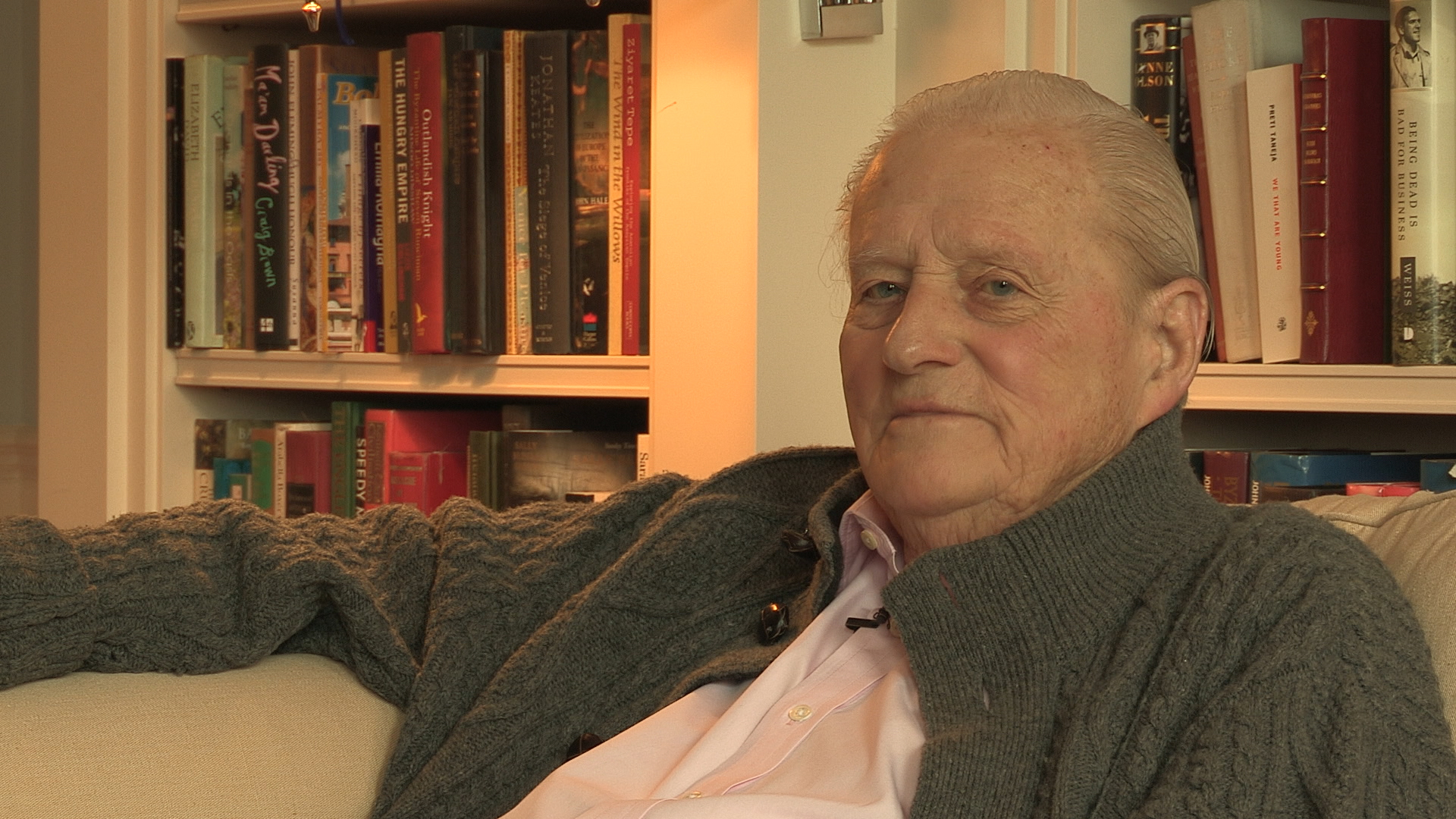So the last two problems were very, very quickly solved. The industrial zone was made to change a lot of old plant and old equipment for newer, less polluting stuff, and aqueducts were built. Well, they really more pipelines, but the Italians call them acquedotti, to bring fresh water from the mountains, only 50 miles away, so that all the wells leading to the table of freshwater under Venice have been sealed. I mean, every square in Venice has its well, but you can't get into any of them now; they've all got a steel cover on top, and they're... And the result of this was that within a very, very short time, the subsidence virtually stopped, and one or two little corners of Venice actually went up a bit. And gradually over the years, also, the atmospheric pollution has got very, very, very much better. The global warming, the sea is now the big problem. As I say, they have built, they're about to finish, these great closing locks, which will normally lie flat on the bed of the lagoon, but will rise up like that when the waters threaten. And when they're in place, then I think Venice should be safe from all the major floods, until... well, I don't know, forever is pushing it, because I suppose, theoretically, there might come a moment, if global warming continues, that the waters rise above the level of the dam, and then we'll be in trouble again. But, I mean, that won't happen for a century or more, and, with any luck, won't happen at all.






